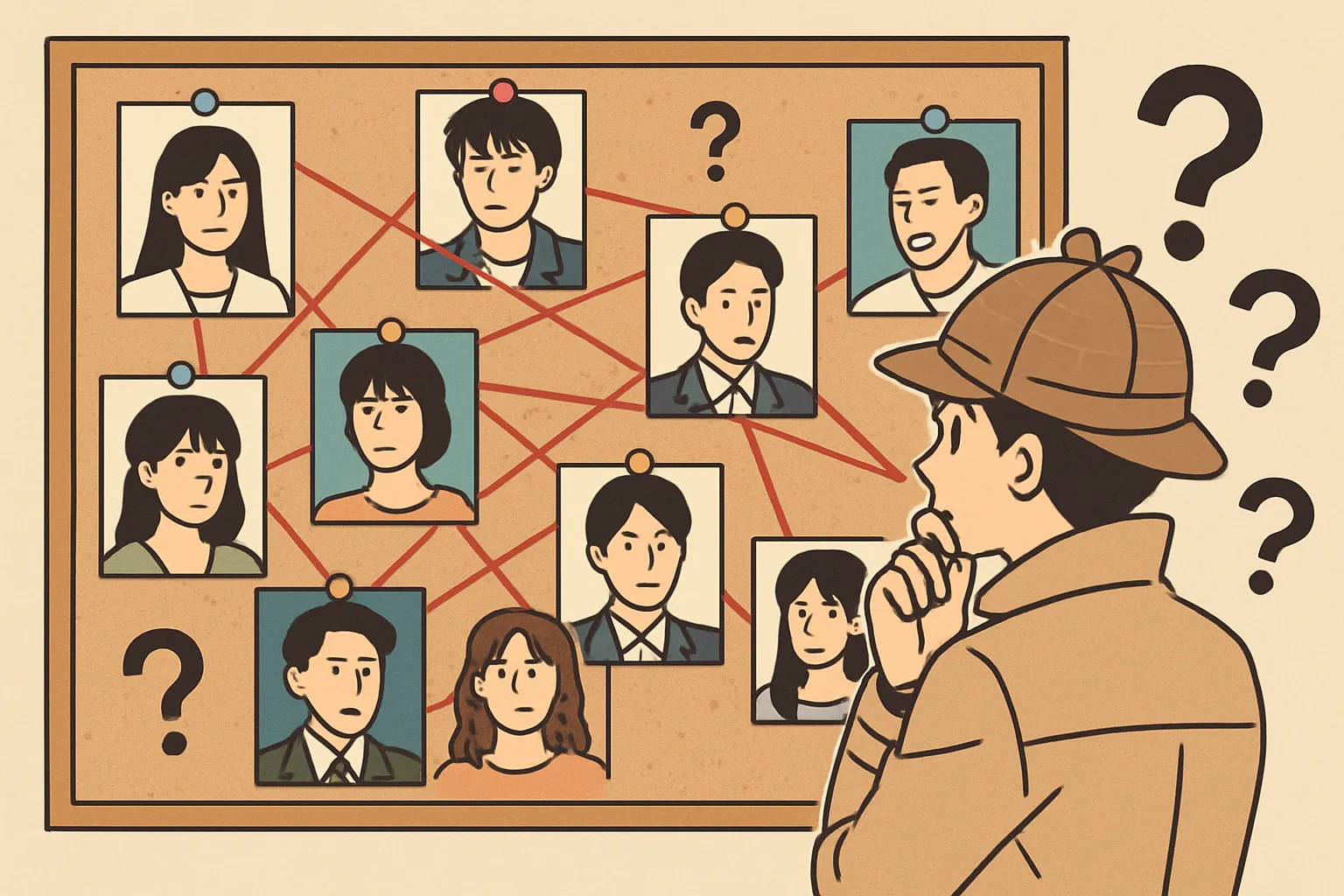Is It Appreciation or Appropriation? A Korean Guide
Hello! Welcome to [Maeil Hangul], where we upgrade your Korean skills!
Today, we’re diving into a very sophisticated and relevant topic: the debate around cultural appropriation. This is a conversation you’ll often see in academic settings, online forums, and among people discussing global media. Lately in Korea, with the explosive global popularity of K-pop and K-dramas, the line between cultural appreciation and appropriation has become a frequent and passionate topic of debate online. Understanding how to discuss this in Korean will not only make you sound incredibly fluent but also allow you to participate in important contemporary conversations.
Let’s get started!
Core Expressions for the Debate
Here are some essential terms you need to navigate this complex topic like a pro.
- 한국어 표현: 문화적 전유 (Munhwajeok Jeonyu)
- 발음 [로마자]: Mun-hwa-jeok Jeon-yu
- 영어 뜻: Cultural Appropriation
- 상세 설명: This is the key term. 문화적 (Munhwajeok) means “cultural,” and 전유 (Jeonyu) means “exclusive possession” or “appropriation.” This term is used when a dominant culture adopts elements of a minority culture, often without understanding or respecting the original context, and sometimes for commercial gain. It carries a critical and negative nuance.
- 한국어 표현: -는다는 지적이 있다 (-neun-dan jijeog-i itda)
- 발음 [로마자]: -neun-dan ji-jeog-i it-da
- 영어 뜻: There is criticism that… / It has been pointed out that…
- 상세 설명: This is a fantastic grammatical structure for expressing a viewpoint or criticism you’ve heard or read, without stating it as your own absolute fact. It’s a very common and sophisticated way to introduce an argument in a discussion or formal writing. You attach it to a verb stem. For example: “상업적으로만 이용했다는 지적이 있다.” (There is criticism that it was used only for commercial purposes.)
- 한국어 표현: 몰이해 (Mor-ihae)
- 발음 [로마자]: Mol-i-hae
- 영어 뜻: Lack of understanding; Misunderstanding
- 상세 설명: This Hanja-based word (몰(沒) = sink/disappear, 이해(理解) = understanding) is more formal and impactful than simply saying “이해를 못 하다.” It implies a fundamental lack of comprehension about the history or significance of a cultural element, which is often at the heart of appropriation debates.
- 한국어 표현: 존중이 결여되다 (Jonjung-i gyeoryeo-doeda)
- 발음 [로마자]: Jon-jung-i gyeol-yeo-doe-da
- 영어 뜻: To be lacking in respect
- 상세 설명: This is a formal and powerful phrase. 존중 (Jonjung) means “respect,” and 결여되다 (gyeoryeo-doeda) means “to be lacking” or “to be devoid of.” Using this phrase elevates your argument and clearly pinpoints the core issue from a critical perspective.
- 한국어 표현: 양날의 검 (Yangnal-ui geom)
- 발음 [로마자]: Yang-nal-ui geom
- 영어 뜻: A double-edged sword
- 상세 설명: This idiom, literally “a sword with two blades,” is perfect for discussing globalization and cultural exchange. It beautifully captures the idea that something can have both significant benefits and serious drawbacks.
Example Dialogue
Here’s how these expressions might sound in a real conversation between two friends discussing a new K-pop music video.
A: 새로 나온 아이돌 그룹 ‘퀀텀’ 뮤직비디오 봤어? 영상미는 정말 멋진데, 일부 해외 팬들 사이에서 논란이 좀 있는 것 같아.
(Did you see the new idol group ‘Quantum’s’ music video? The visuals are amazing, but it seems there’s some controversy among international fans.)
B: 아, 봤어. 콘셉트가 특정 소수 문화에 대한 몰이해에서 비롯되었다는 지적이 있더라고.
(Ah, I saw. There’s criticism that the concept stems from a lack of understanding of a specific minority culture.)
A: 맞아. 문화 교류라는 게 참 양날의 검인 것 같아. 새로운 걸 보여주려는 시도는 좋지만, 자칫 원본 문화에 대한 존중이 결여되면 결국 문화적 전유라는 비판을 피하기 어려우니까.
(Right. Cultural exchange really seems to be a double-edged sword. It’s good to try and show something new, but if it’s lacking in respect for the original culture, it’s ultimately hard to avoid criticism for cultural appropriation.)
B: 정확해. 그래서 이런 시도를 할 때는 더 신중한 접근과 깊이 있는 연구가 필요한 거지.
(Exactly. That’s why a more careful approach and in-depth research are necessary for these kinds of attempts.)
Culture Tip & Trend Analysis
K-Pop Fandom: The Global Debate Arena
In today’s hyper-connected world, K-pop isn’t just consumed; it’s analyzed. When a new music video or concept photo drops, platforms like Twitter, YouTube, and Korean forums like theqoo instantly become global arenas for debate. International fans are often quick to point out potential instances of 문화적 전유, while domestic Korean fans might see it as creative expression or may not be aware of the cultural context in question.
This creates a fascinating, and sometimes tense, cross-cultural dialogue. Being able to articulate the nuances using terms like 몰이해 and the pattern -는다는 지적이 있다 will allow you to understand and engage in these high-level fan discussions. Knowing a phrase like “신중한 접근이 필요하다” (sinjunghan jeopgeun-i piryohada – a careful approach is needed) will show that you appreciate the complexity of the issue, making you sound like a truly advanced and thoughtful speaker of Korean.
Let’s Practice!
Time to put your knowledge to the test.
- Fill in the blank: 그들의 행위는 타문화에 대한 ______이/가 결여되었다는 비판을 받았다. (Their actions were criticized for being lacking in ______ for another culture.)
- Sentence Building: Using the idiom 양날의 검 (a double-edged sword), write a short sentence about the pros and cons of globalization.
You’ve learned some incredibly useful and advanced expressions today! Discussing complex social issues is a hallmark of fluency.
What are your thoughts on this topic? Try using one of today’s expressions and share your opinion in the comments below






